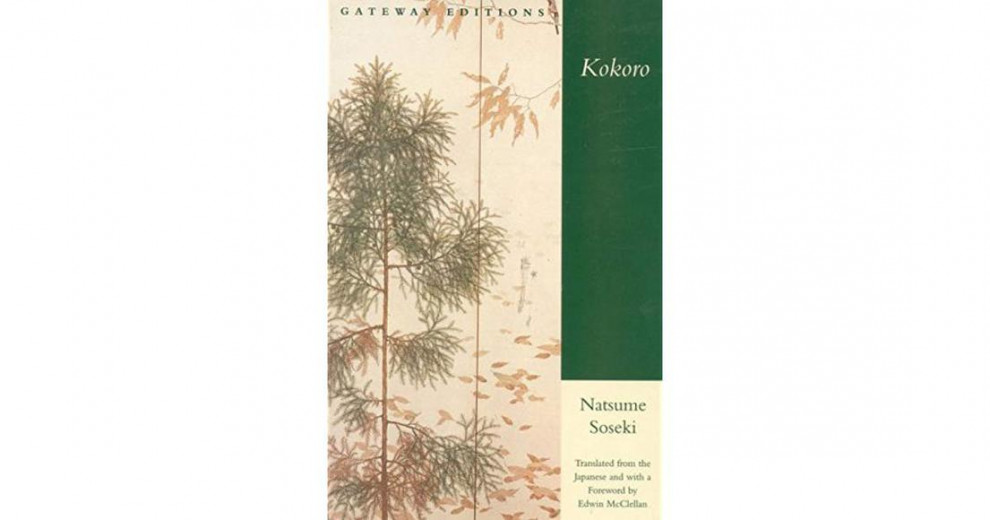

This early idealism later gave way to a sense of disillusionment as his desolate time in London, spent in isolation, opened up his eyes to the limits of modern Enlightenment ideals. You searched for: natsume soseki (author) X, kokoro (title) X.

Soseki strongly believed that education is important for the self-cultivation of the modern individual and “was convinced that Western thought, by dispelling the ignorance of the past, would foster the innate virtues of Japanese civilization” (Keene, 308). Kokoro (Penguin Classics) by Soseki, Natsume and a great selection of. Driven by a desire to contribute to his nation and society, the idealistic young Soseki took up English Literature in Tokyo University with a strong belief that “the learning of the entire world was needed before modern, individualistic thought could take root in Japan”(Keene, 307). However, Soseki laid the foundation for modern literature in Japan, and should be added to any collection of world literature.The heart and the self in Natsume Soseki's KokoroĪs part of the first generation of Meiji Japan’s modern intellectuals, Natsume Soseki not only witnessed his country’s difficult transition into modernity but was directly involved in modern Japan’s nation building efforts, which included the emphasis on education as a vital ingredient towards the country’s ideal of Bunmei Kaika (‘Civilization and Enlightenment’). At the time, his unassuming first-person narrative style was something fresh and somewhat unprecedented.

Soseki is sometimes thought to be the new voice of the changing literary style of the 20th century. Soseki's style of writing is also something of a renaissance in this deeply psychological novel. Sensei had been blaming himself for K's suicide his complete life and decided that the only way to avenge his suicide was the commit suicide himself. However, Sensei's ambition at asking for her hand in marriage first caused K such angst that K killed himself.

His letter tells of his friendship with K and that they both loved the same woman. While there, Sensei finally sends a long letter disclosing his past and telling him the reason why by the time the young man will have made it back to Tokyo, he will have killed himself. After he graduates from college, he returns home to his dying father. They become friends, yet Sensei's reluctance to tell about his past and hard-to-crack exterier makes it difficult for the young man to learn Sensei's lessons. Kokoro is the story of a man a young man in his final year of college who meets Sensei, a reclusive old man living in Tokyo with his wife. In fact, Soseki is so highly esteemed, that his portrait was used on the 1000-yen note. Kokoro, by Natsume Soseki is a must have in Japanese literature.


 0 kommentar(er)
0 kommentar(er)
